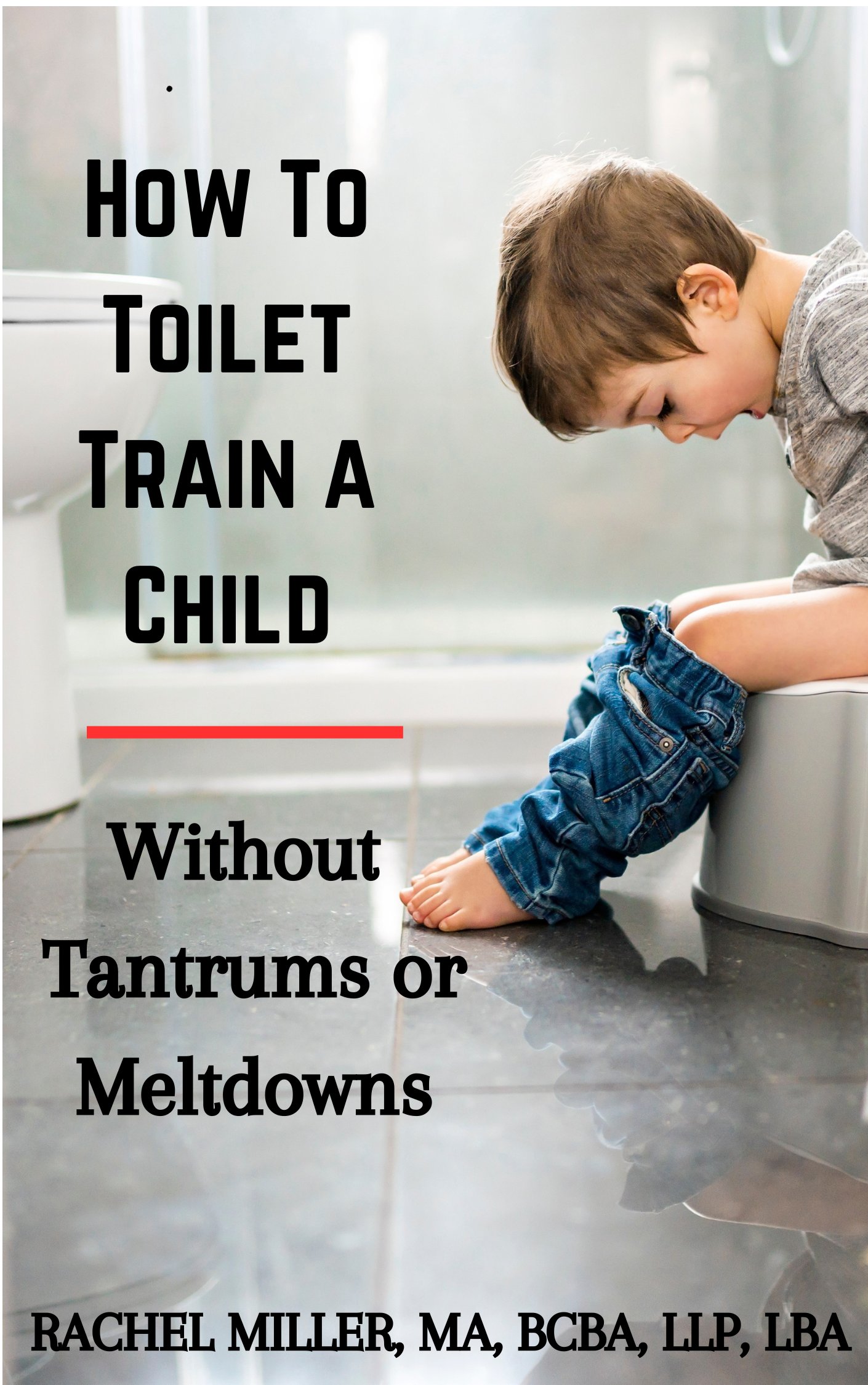Therapeutic Listening
by Tabbs
(Canada)
Effectiveness of Therapuetic Listening
Question: I have a 3 yr old sensory seeking son and I am thinking of trying out Therapeutic Listening. I would like to know what results have been seen with this method before I invest in it.Answer: The website that has the most information about this can be found at www.vitallinks.net. There are many case stories about children that have benefitted from Therapeutic Listening.
Based on personal experience in doing it with my son I found it to be extremely helpful. He has sensory processing disorder, primarily sensory seeking with respect to vestibular dysfunction.
Although he had a lot of words in his vocabulary, he had a difficult time connecting information. Mainly, he had a hard time putting together sentences that weren't phrases he was repeating based on what others had said.
We noticed a great improvement in this. It also helped him sleep better at night and to make him more calm. However, the sleep and calmness did not last after we discontinued the therapy.
I would try to find a certified therapist on the website above to work with your son. They might allow you to use the tools they have, so you don't have to invest in it yourself.
Also, make sure that while doing the listening sessions you are engaging him in specific sensory activities as prescribed by the OT. This is very important in the effectiveness of therapuetic listening. Just listening will not give the desired results.
Brushing Protocol
by Heather Aleman
(Corpus Christi, TX)
Brushing Technique and Sleep Disturbance
Question: I am an occupational therapist and have been suggesting the protective response regimen to families that I work with in the ECI setting.
I have been working with this population for almost 3 years and only recently (this month) have I had mothers report to me that after beginning this technique that their child has become more labile and showing emotions and that their sleep patterns are becoming worse. Why is this? What should I suggest?
Thanks
Heather Aleman, OTR
Answer: The wilbarger brushing protocol is intended to be done in a very specific way. It involves doing the brushing strokes firmly up and down each arm 6-10 times, up and down the back 6-10 times, and up and down each leg 6-10 times. This is followed by joint compressions. If a parent were doing it more than ten times, on any other parts of the body, pressing to lightly with the brush or going back and forth too fast it could lead to sensory overload and disorganization.
It's also intended to be done for 1-2 weeks every 1 1/2-2 hours while the child is awake. If brushing sessions occur with less than 1 1/2 hours between sessions it will overload the sensory nervous system and could lead to over emotional responses and potentially sleep difficulties.
You may be aware of this information, but many OT's merely do brushing with different types of brushes and not necessarily this specific protocol, so I just wanted to make sure you were aware since I wasn't sure what you specifically are recommending the families do.
Parents should also be aware that after doing the protocol only the child may brush him/herself and there should be no additional brushing by another person to the child because this can lead to sensory overload.
Now if you are just having the parents do brushing when the children are upset, it's hard to say what this effect would have, but it depends on the type of sensory challenges they generally experience.
Usually after doing a sensory evaluation you would get an idea of whether the child is generally a sensory seeker, hypersensitive or hyposensitive and which sensory system is affected the most.
Brushing is considered mainly a proprioceptive massage with some obvious tactile stimulation as well. If a child is hypersensitive to this type of sensory stimuli then the brushing protocol would probably not be a good treatment.
I know that the OT I consult with that has great experience with children having sensory processing disorder will tell parents to stop doing it if the child has a bad reaction, so this is not entirely uncommon.
However, I will say from personal experience in doing the wilbarger brushing protocol specifically with my son, we started doing it 3-4 times a day and noticed he was much more calm. Once we started the week long intervention, the first three days he was more emotional and had sleep disturbances (however he already had sleep problems so this was no different to us).
By the fourth day of doing it every 1 1/2-2 hours his emotions evened out and he began sleeping like a champ. The protocol is supposed to reorganize the nervous system. So this could temporarily make things worse, but it shouldn't for more than a few days.
So, there are a few possibilties.. make sure the parents are doing it right and not overloading the child's system and make sure that the child is not hypersensitive to proprioceptive stimuli.
Sensory Stimulation Activities
by Michael Wolf
(Cherry Hill NJ USA)
Balance exercises and behavioral sensory conditions?
Queston: In research I have found possible benefits to balance training exercises in conjunction with sensory motor, speech therapy, ADHD, apraxia, and speech delays.
What is your opinion, support, confirm, deny, or pursuasive insight?
I have developed "balance domes" to compliment my balance board so my daughter (8yrs) and her speech therapist might advance in her speech delay and sensory motor issues.
All opinons / thoughts welcome
Thank you
Michael Wolf
Lotus Balance Boards
for sport..for life..for fun
Answer: I think that when considering sensory stimulation activities, balance boards or balance domes could be extremely beneficial. These would be especially good to include in an individuals sensory diet.
For children, I think they would be an activity that is fun and functional. I do believe that similar activities would also benefit speech delays that are the result of sensory processing disorder.
How to teach a child with sensory self regulation skills
by nicole
(PA nazareth)
Question: How to better their behaviors when they know it's bad, but they just can't stop since their self regulation is not formed yet. Also, they are nonverbal apraxia and motor planning and sensory processing disorder child. Time outs don't seem to teach that part.
Answer: If I am understanding your question right, it sounds like you are wondering how to teach a child with sensory processing disorder symptoms how to have self regulation skills.
This is not something you can specifically teach a child. You can work with an occupational therapist to develop a sensory diet or use the wilbarger brushing protocol that will help their body to develop self regulation over time.
Click here to read or post comments
If you haven't already, be sure to check out my ebooks, now on Amazon!



